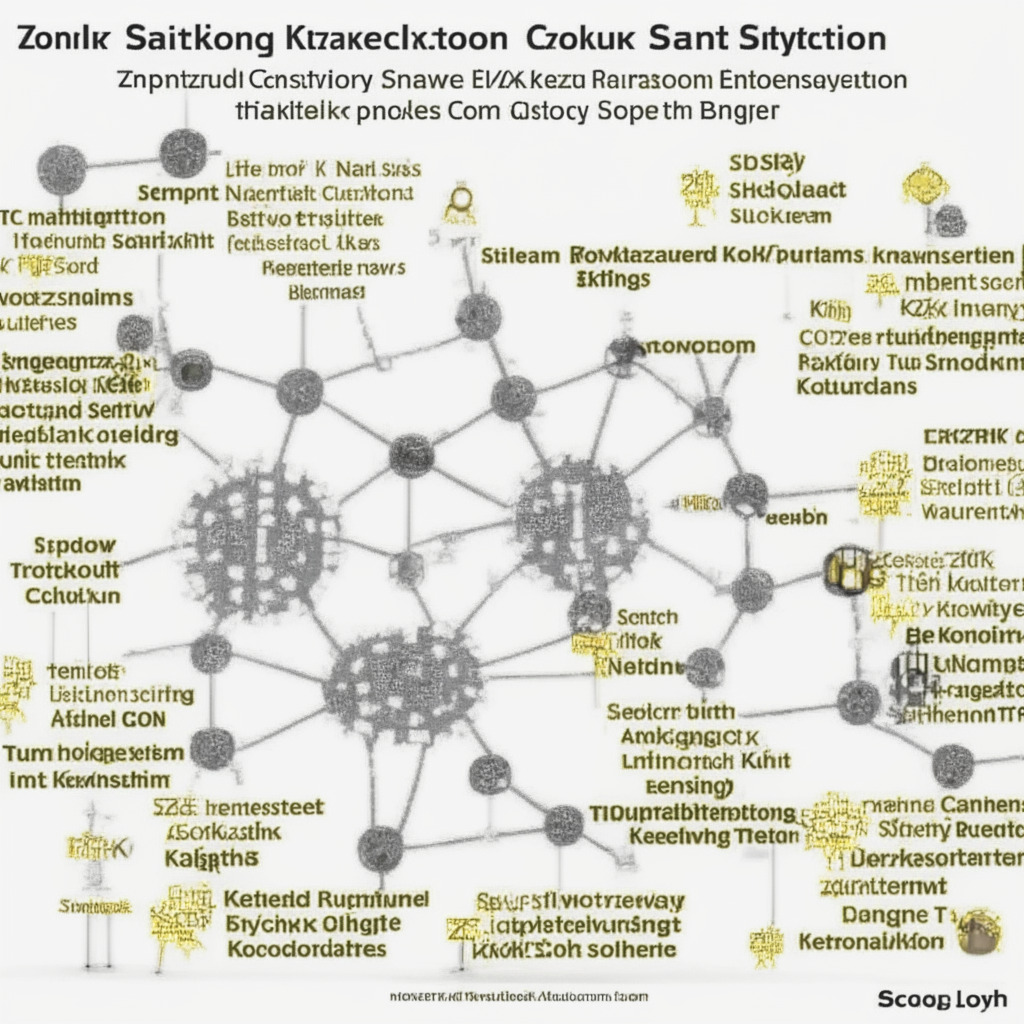In recent weeks, the Bitcoin (BTC) network has endured a litmus test due to the surge in demand for Ordinals and BRC-20 tokens inscribed onto the blockchain. This has led to increased transaction fees and congestion, which has left the wider Bitcoin community feeling frustrated. Interestingly, BRC-20 tokens involve meme tokens that have attracted billions of dollars in capital in recent weeks. The Ethereum ecosystem, on the other hand, has seen significant improvements in network capacity and processing ability due to the development of scaling solutions.
One such scaling solution is zero-knowledge proofs (zk-proofs), which have gained attention over the past few months. Various projects have adopted this technology to enhance privacy, security, and blockchain capacity by reducing the computational load required to verify transactions and other data stored on-chain.
Some experts believe that zk-proofs could be the answer to Bitcoin’s current challenge. Eli Ben-Sasson, the co-founder of StarkWare and the pioneer of zk-STARKs (zero-knowledge Scalable Transparent Argument of Knowledge), credits Bitcoin for inspiring his exploration of validity, cryptographic, and zero-knowledge proofs to improve blockchain technology. Ben-Sasson emphasizes the potential of zk-proofs for benefiting the Bitcoin network:
“Validity proofs and STARKs allow you in a very efficient way to use the integrity of math to extend the orbit of integrity that a blockchain covers to invite anyone to participate and add more capacity to the network.”
Bitcoin’s blockchain, which serves as a decentralized hard money, can potentially allow more general forms of computation and social functions, which remains a topic of discussion within the community. Ben-Sasson suggests that the incorporation of zk-proofs is driven by the market demand for additional functionality on top of Bitcoin, powered by BRC-20 tokens:
“For it (BRC-20) to really have the level of integrity that is offered by Bitcoin, there must be a hard fork that allows these things to be verified and validated and have the integrity of Bitcoin. And that’s a huge decision and a huge debate point.”
ZeroSync Association, a newly formed startup, is developing zk-proof powered tools that enable users to validate the state of the Bitcoin network without having to download the blockchain or rely on a third party for verification. This solution significantly reduces data required for syncing a Bitcoin node, which currently stands at over 500GB.
While ZeroSync’s chain state proof does not directly address network congestion, zk-proofs show promise in helping remedy the current congestion issues. ZeroSync has also developed a Bitcoin client-side validation protocol called zkCoins, which allows the processing of up to 100 token transactions per second.
Moreover, a SNARK (Zero-Knowledge Succinct Non-Interactive Argument of Knowledge) verifier on Bitcoin’s main layer could enable various scaling solutions, including zk-rollups, trustless bridges to sidechains, and potentially pegging BTC onto zkCoins to enhance privacy and increase throughput.
As interest in layer-2 scaling solutions for Bitcoin grows, the potential for zk-proofs to be integrated into the network becomes more likely. This could offer a much-needed solution to the ongoing debate surrounding Bitcoin’s network congestion and scalability.
Source: Cointelegraph




